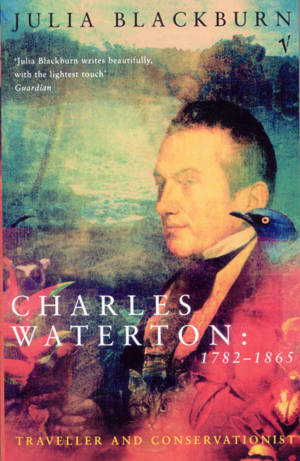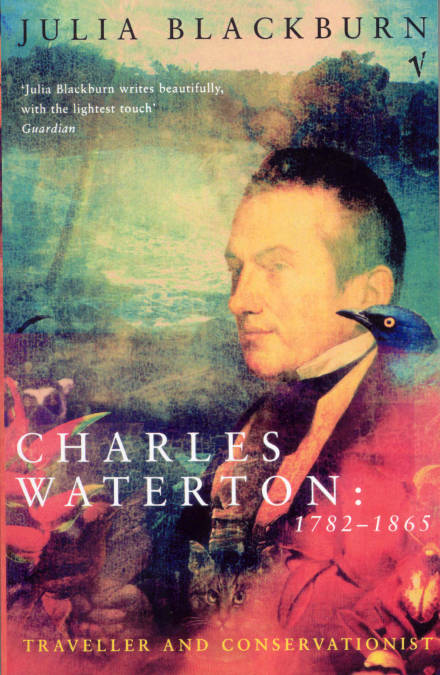
- Afhalen na 1 uur in een winkel met voorraad
- Gratis thuislevering in België vanaf € 30
- Ruim aanbod met 7 miljoen producten
- Afhalen na 1 uur in een winkel met voorraad
- Gratis thuislevering in België vanaf € 30
- Ruim aanbod met 7 miljoen producten
Zoeken
€ 6,99
+ 6 punten
Uitvoering
Omschrijving
Charles Waterton was the first conservationist who fought to protect wild nature against the destruction and pollution of Victorian industrialisation. During his lifetime he was famous for his eccentricities, but also for his achievements and his opinions. A Yorkshire landowner, he turned his park into a sanctuary for animals and birds. As an explorer he learned to survive in the tropical rain forests of South America without a gun or the society of other white men. He was an authority on the poisons used by South American Indians and a taxidermist of note. The huge public that read his books included Dickens, Darwin and Roosevelt. Since his death the memory of Waterton's personal eccenticities has flourished, while the originality of his ideas and work has often suffered. Using his surviving papers, Julia Blackburn has redressed the balance in a biogr aphy that restores Waterton to his place as the first conservationist of the modern age.
Specificaties
Betrokkenen
- Auteur(s):
- Uitgeverij:
Inhoud
- Taal:
- Engels
Eigenschappen
- Productcode (EAN):
- 9781448161775
- Verschijningsdatum:
- 30/03/2013
- Uitvoering:
- E-book
- Beveiligd met:
- Adobe DRM
- Formaat:
- ePub

Alleen bij Standaard Boekhandel
+ 6 punten op je klantenkaart van Standaard Boekhandel
Beoordelingen
We publiceren alleen reviews die voldoen aan de voorwaarden voor reviews. Bekijk onze voorwaarden voor reviews.







